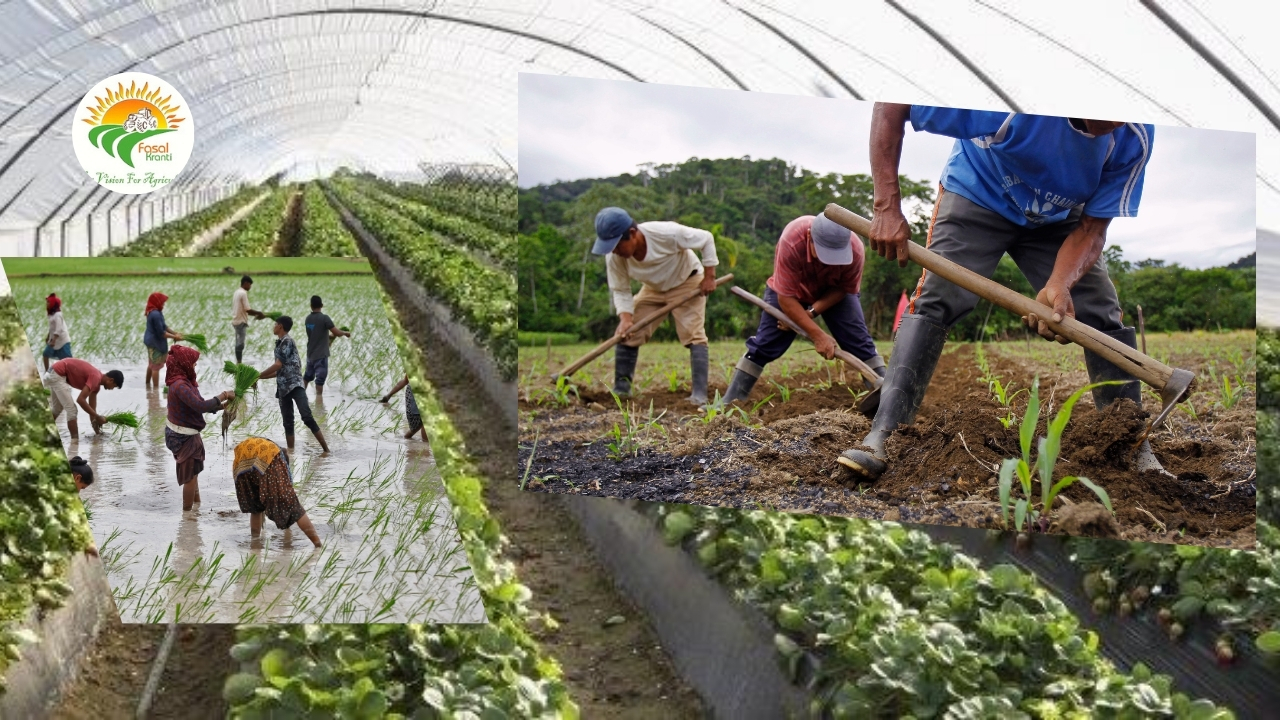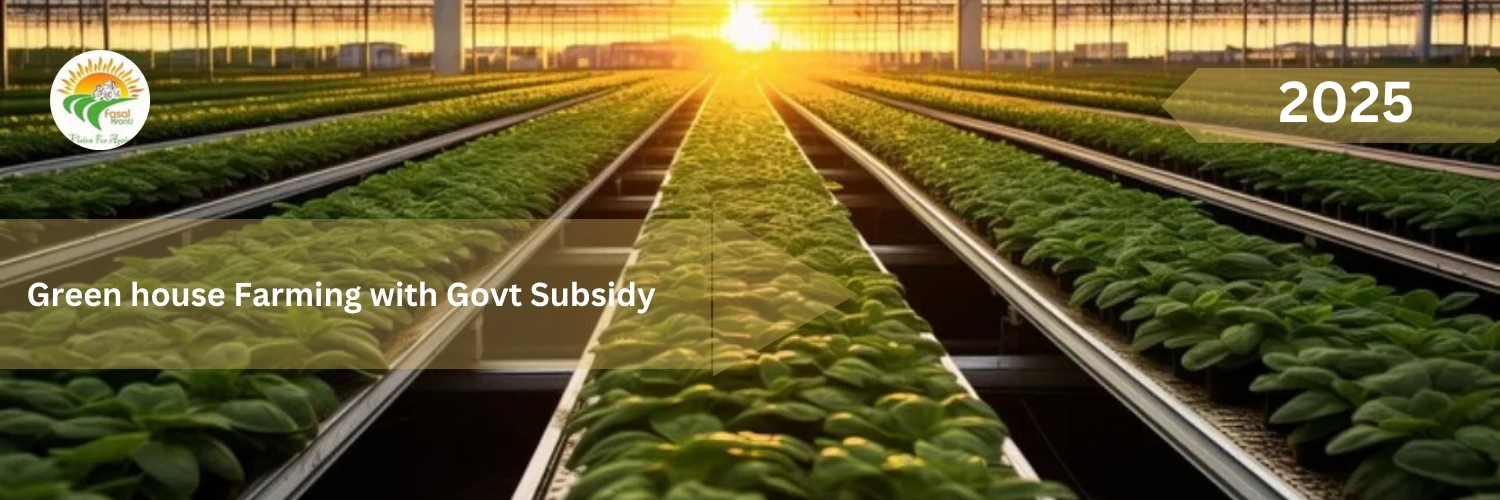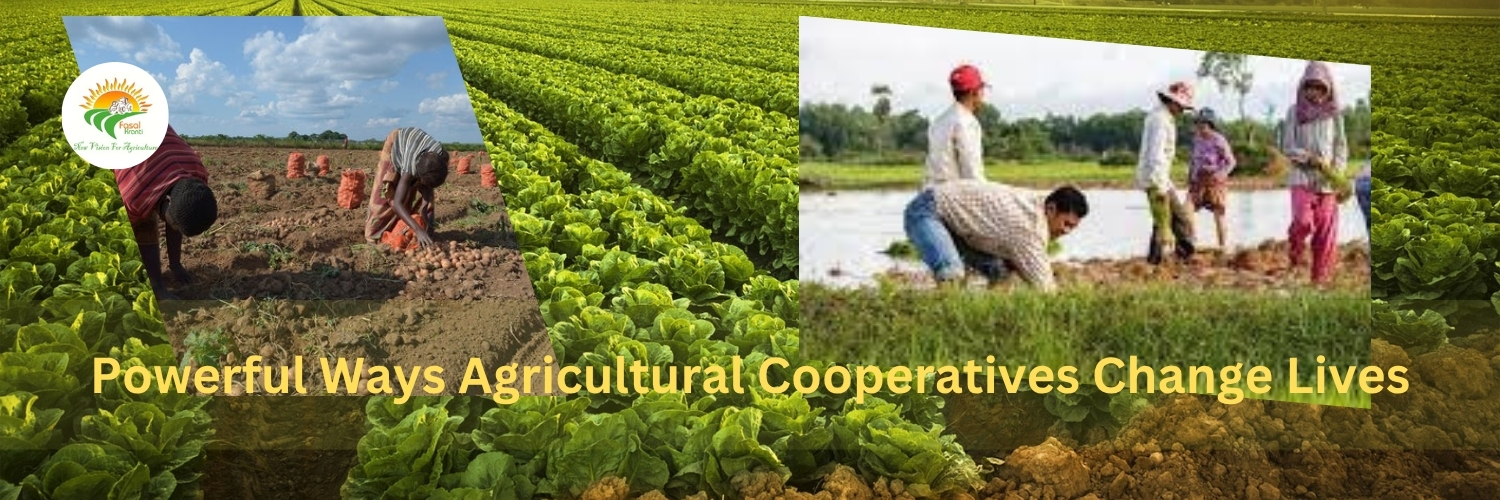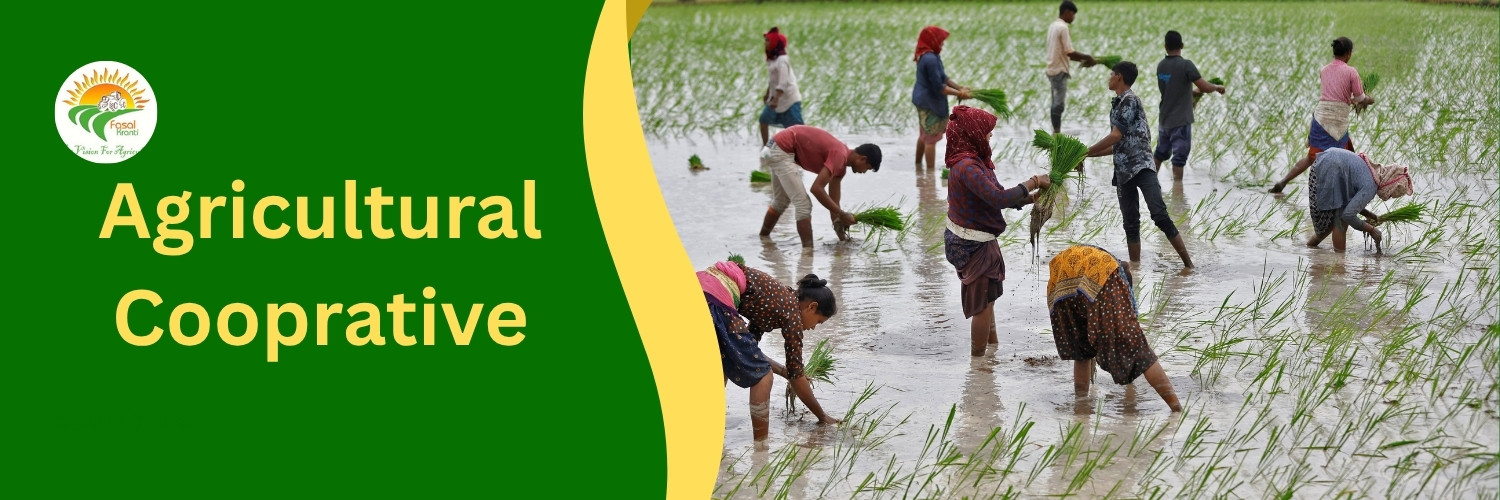7 Powerful Ways an Agricultural Cooperative Changes Lives

Strong 8k brings an ultra-HD IPTV experience to your living room and your pocket.
What is an Agricultural Cooperative?
An agricultural cooperative is a farmer-owned organization that pools resources, shares profits, and promotes collective welfare. These co-ops are based on democratic principles every member has a voice, regardless of how much they contribute. They're formed to solve common challenges like market access, resource scarcity, and price volatility, which small-scale farmers often face alone.
A Brief History and Global Presence
Agricultural cooperatives date back to the 19th century and have flourished globally from dairy agricultural cooperative in India to grain collectives in Canada. Organizations like the International Co-operative Alliance have supported their growth, enabling millions of farmers to thrive through mutual aid.
1. Boosting Local Economies
Income Generation for Smallholder Farmers
Cooperatives allow farmers to sell their produce collectively, cutting out exploitative middlemen. This improves bargaining power, resulting in better prices and more stable incomes. With shared profits and fewer operational costs, small farmers gain greater financial security.
Creating Rural Employment Opportunities
Cooperatives often run processing units, storage facilities, and transport services all of which require manpower. This leads to job creation in rural areas, curbing urban migration and strengthening local economies.
2. Empowering Farmers with Shared Resources
Access to Equipment and Technology
Through pooling funds, co-ops can purchase expensive farming machinery and cutting-edge tools that individual farmers couldn’t afford alone. This ensures improved productivity and modernized farming techniques.
Affordable Bulk Purchases of Inputs
Cooperatives buy seeds, fertilizers, and pesticides in bulk, securing lower prices. These savings are passed on to members, drastically reducing production costs.
3. Enhancing Bargaining Power and Market Access
Better Prices through Collective Sales
By selling their harvest collectively, farmers can negotiate higher prices with buyers and retailers. This minimizes dependency on local traders who often exploit individual sellers.
Connecting to National and Global Markets
Some agricultural cooperatives have grown strong enough to export produce internationally, unlocking premium markets. Co-ops like Kenya’s coffee unions are examples of rural farmers entering the global stage.
4. Promoting Sustainable Farming Practices
Training and Knowledge Sharing
Cooperatives regularly organize training sessions focused on crop rotation techniques, organic farming practices, and maintaining healthy soil ecosystems. This shared wisdom fosters innovation and spreads best practices across communities.
Eco-Friendly Farming Solutions
Many co-ops advocate for eco-friendly inputs and encourage reduced use of harmful chemicals. This not only protects the environment but also ensures long-term soil fertility and better-quality produce.
5. Improving Food Security in Rural Areas
Stable Food Supply Chains
By organizing and storing surplus produce, agricultural cooperative help ensure a steady food supply year-round. This shields rural areas from sudden shortages or price spikes.
Reducing Post-Harvest Losses
Co-ops often invest in cold storage and efficient logistics systems, reducing spoilage and ensuring more of what’s grown makes it to the plate.
6. Strengthening Community and Social Bonds
Encouraging Collaborative Decision-Making
Cooperatives are governed democratically, following the principle that each member has one vote, regardless of their investment or contribution. This fosters transparency, accountability, and a culture of joint responsibility.
Building Trust and Mutual Support Networks
Beyond economics, co-ops create tight-knit communities. Members support each other in times of crisis, celebrate shared achievements, and often run social programs like education and healthcare.
7. Supporting Women and Youth in Agriculture
Inclusive Leadership Opportunities
Agricultural cooperatives encourage the participation of women and youth in leadership roles. This breaks down traditional barriers and fosters inclusive development.
Education and Financial Training Programs
Many co-ops run workshops on financial literacy, entrepreneurship, and digital skills especially targeting younger members and women, equipping them to lead future agricultural innovation.
FAQs
How do agricultural cooperatives work?
They function as member-owned organizations that share profits, make democratic decisions, and focus on collective welfare rather than individual gain.
Are they profitable for small farmers?
Yes. By cutting costs and improving market access, co-ops boost profitability and financial stability for small-scale farmers.
Can cooperatives be formed in urban areas?
Absolutely. Urban agricultural cooperatives are growing in popularity for rooftop gardening, organic markets, and community-supported agriculture.
What challenges do cooperatives face?
Common hurdles include poor governance, lack of funding, limited training, and resistance to change from traditional farming models.
How are profits shared among members?
Profits are distributed based on participation typically linked to how much a member sells or contributes to the cooperative.
Are cooperatives only for crop farmers?
No. Livestock, fisheries, dairy, and even apiculture sectors have thriving cooperative models around the world.
Remark
Agricultural cooperatives do more than just boost yields they transform lives. From empowering marginalized groups to ensuring long-term food security and economic stability, co-ops stand as a beacon of hope for rural development worldwide. As global challenges like climate change and food insecurity mount, these cooperatives offer a people-first, sustainable solution that builds prosperity from the ground up.
Note: IndiBlogHub features both user-submitted and editorial content. We do not verify third-party contributions. Read our Disclaimer and Privacy Policyfor details.






